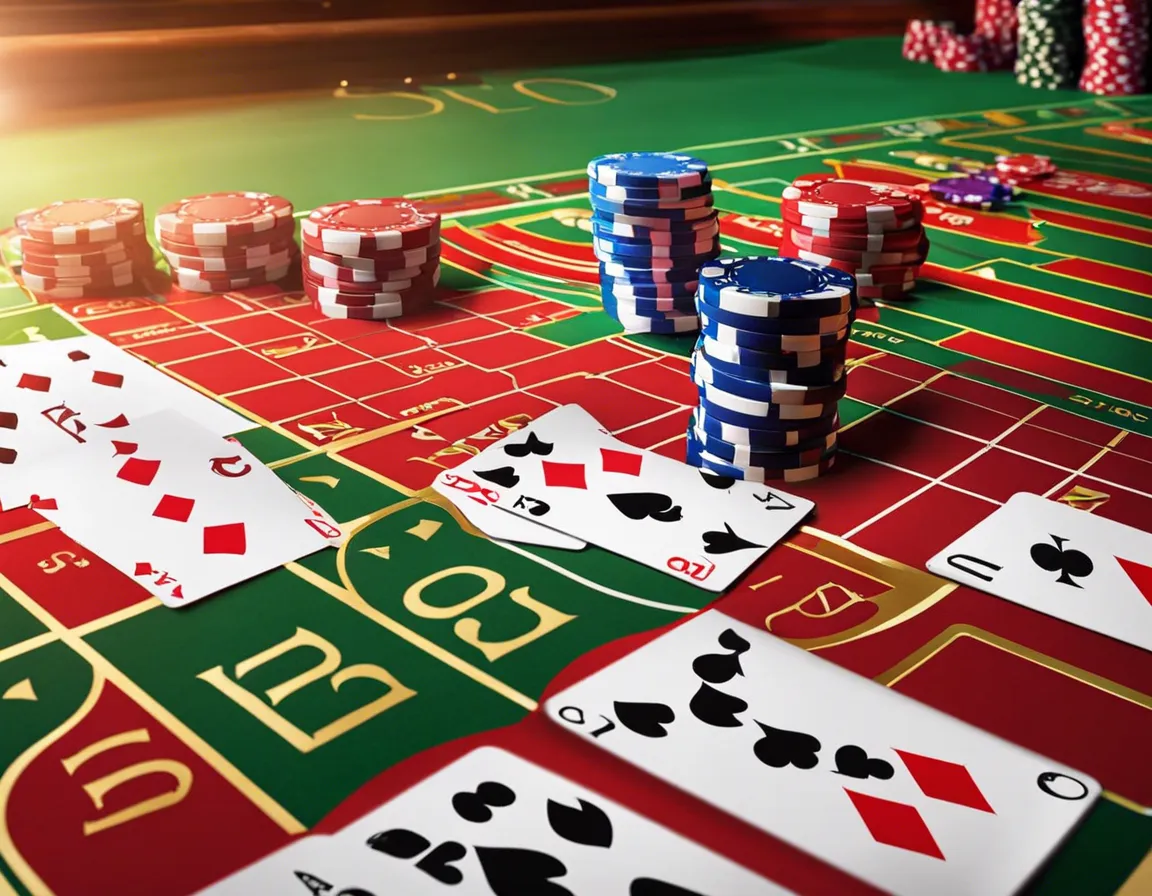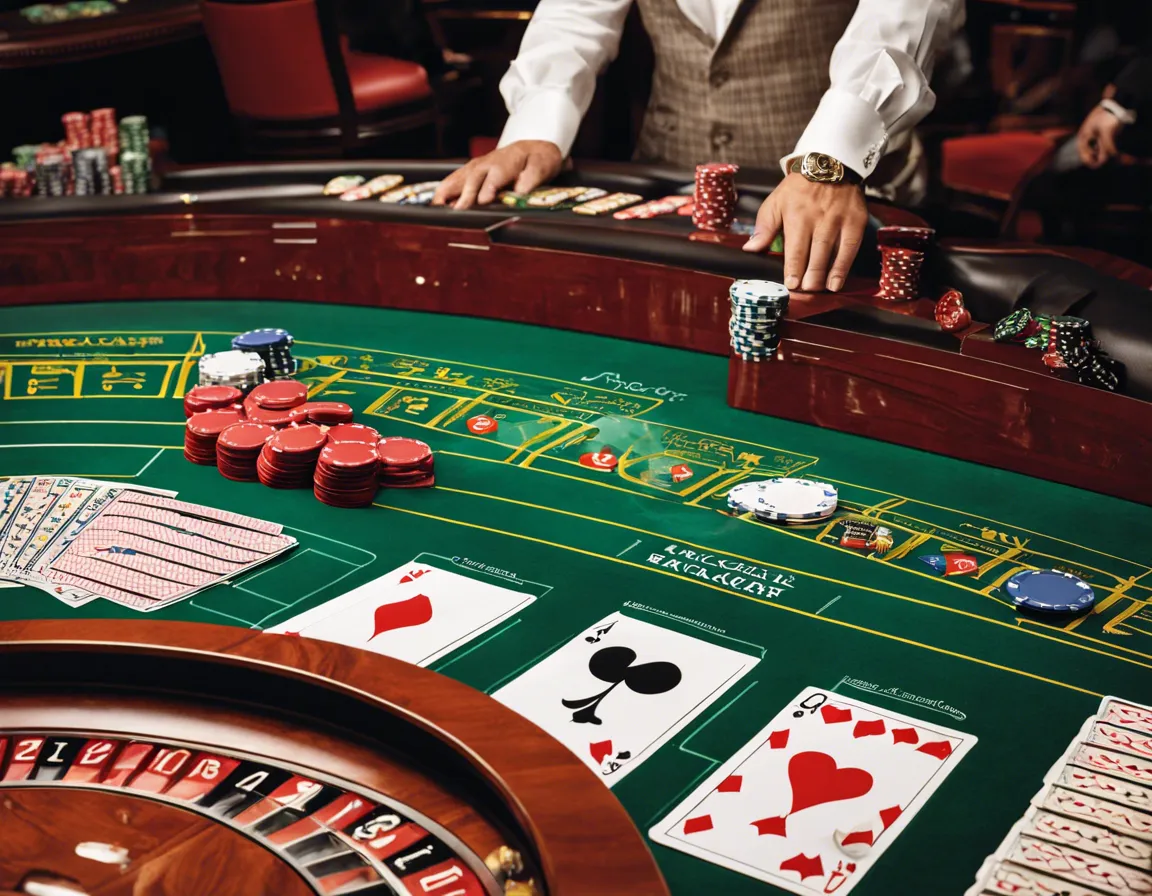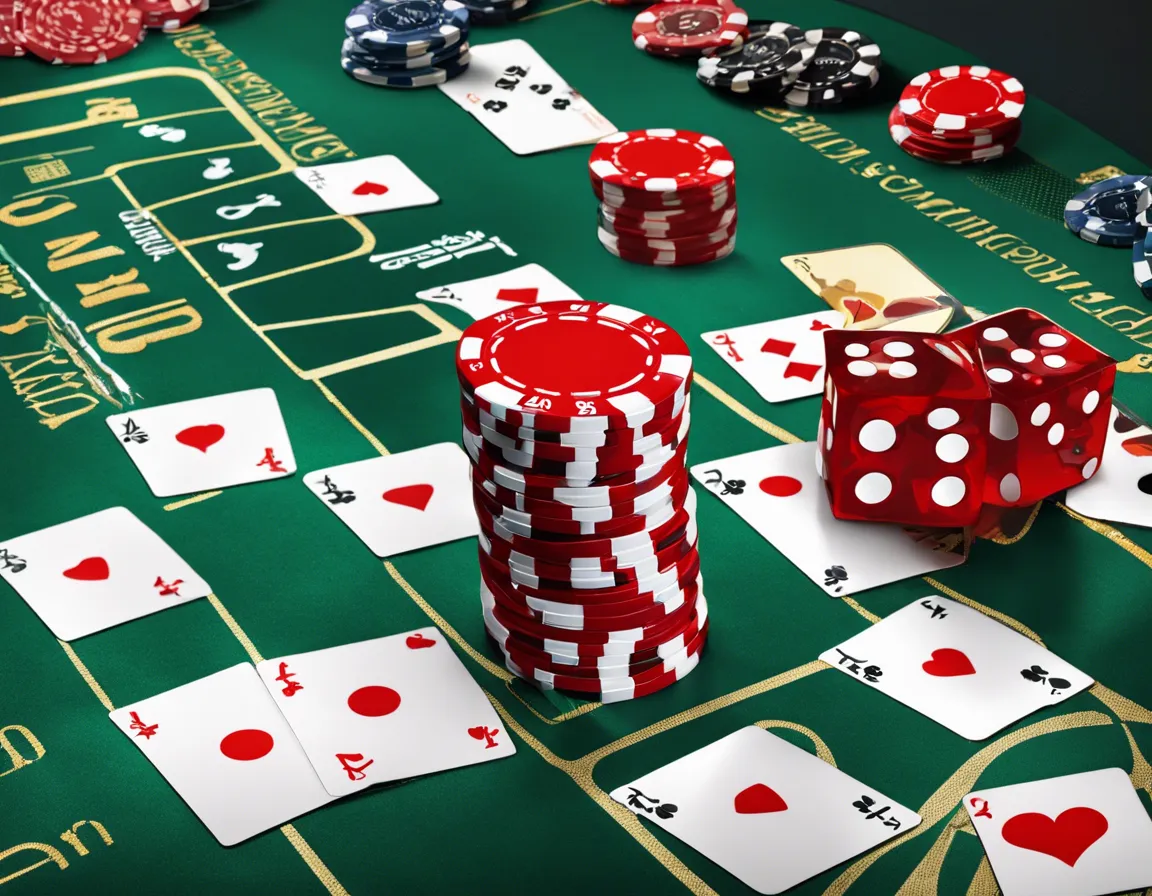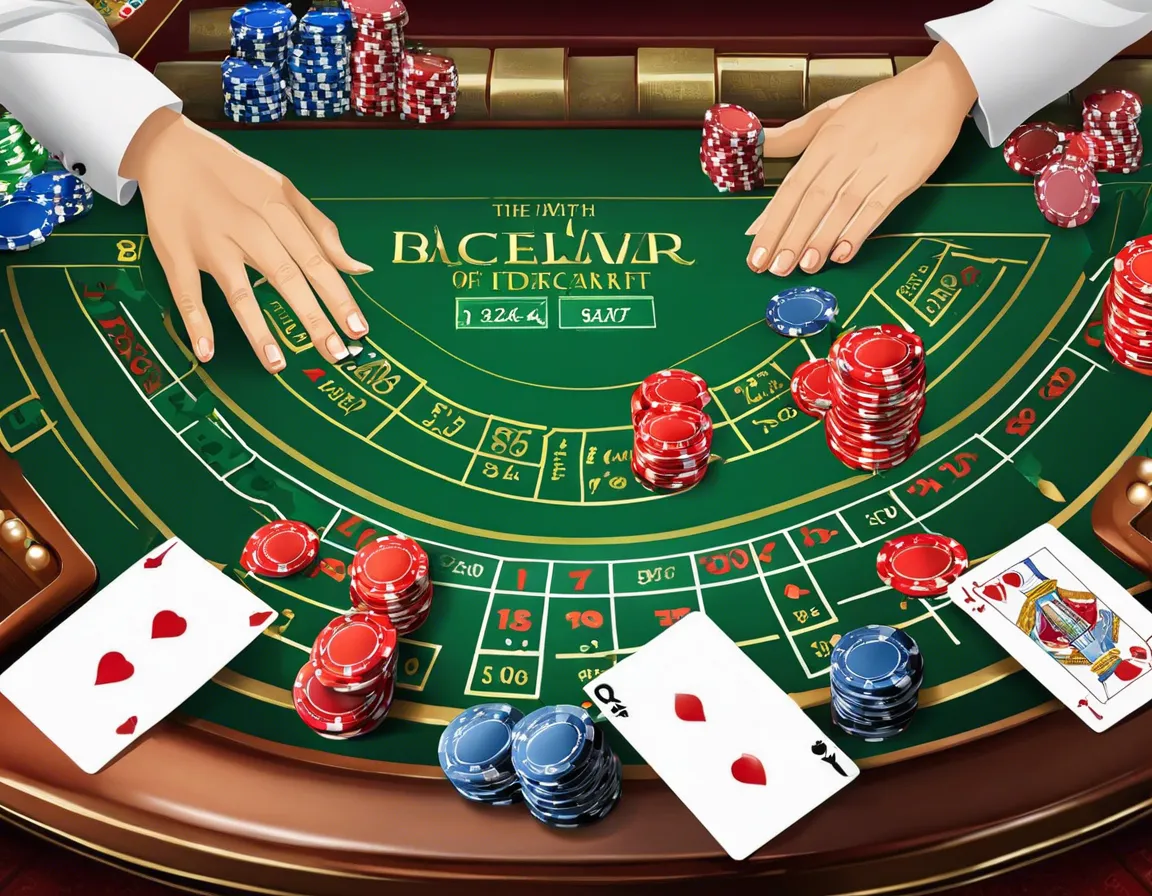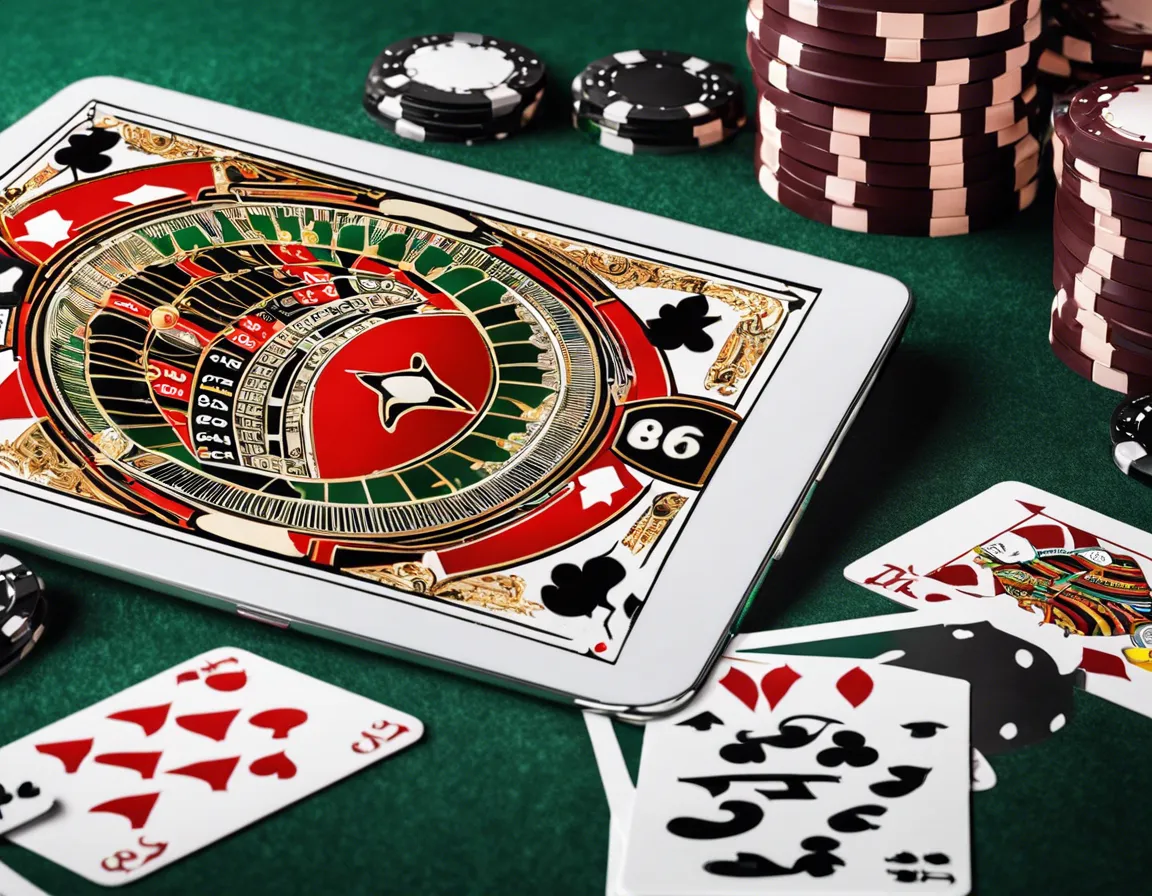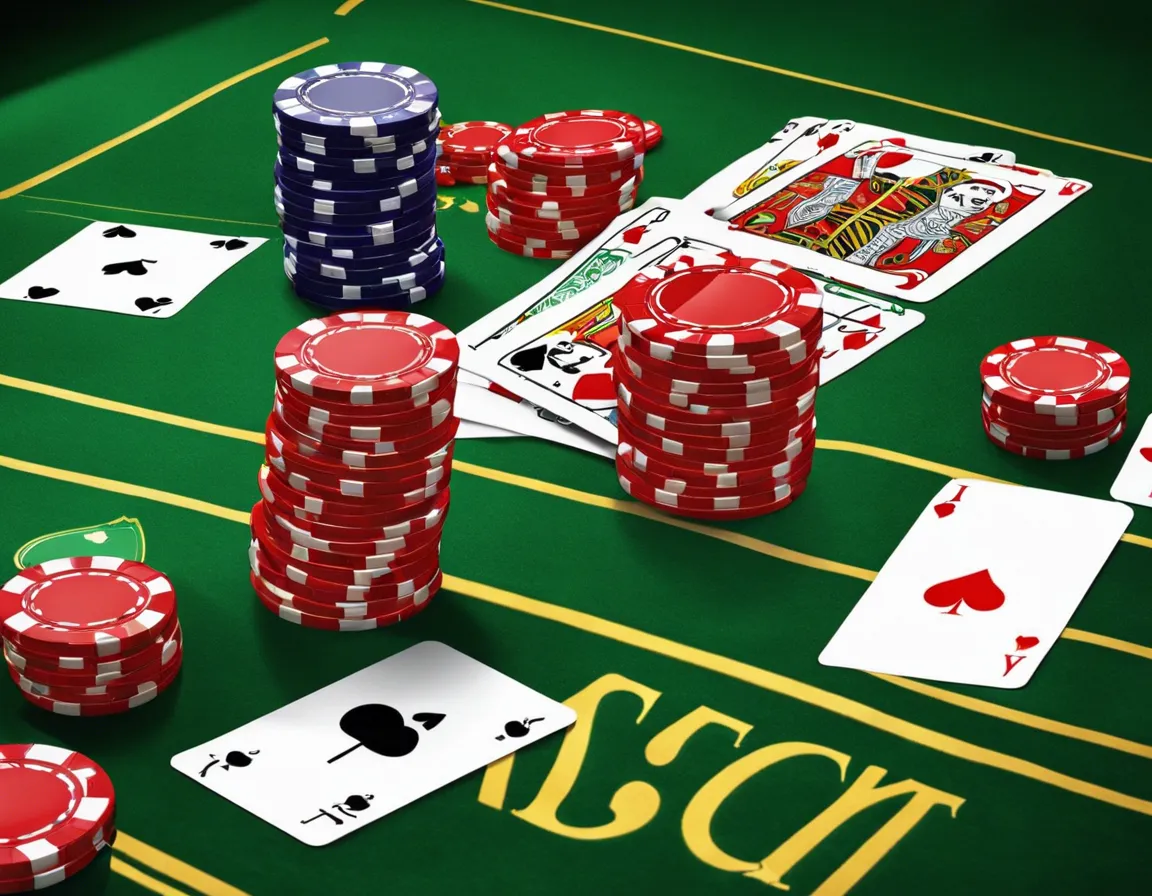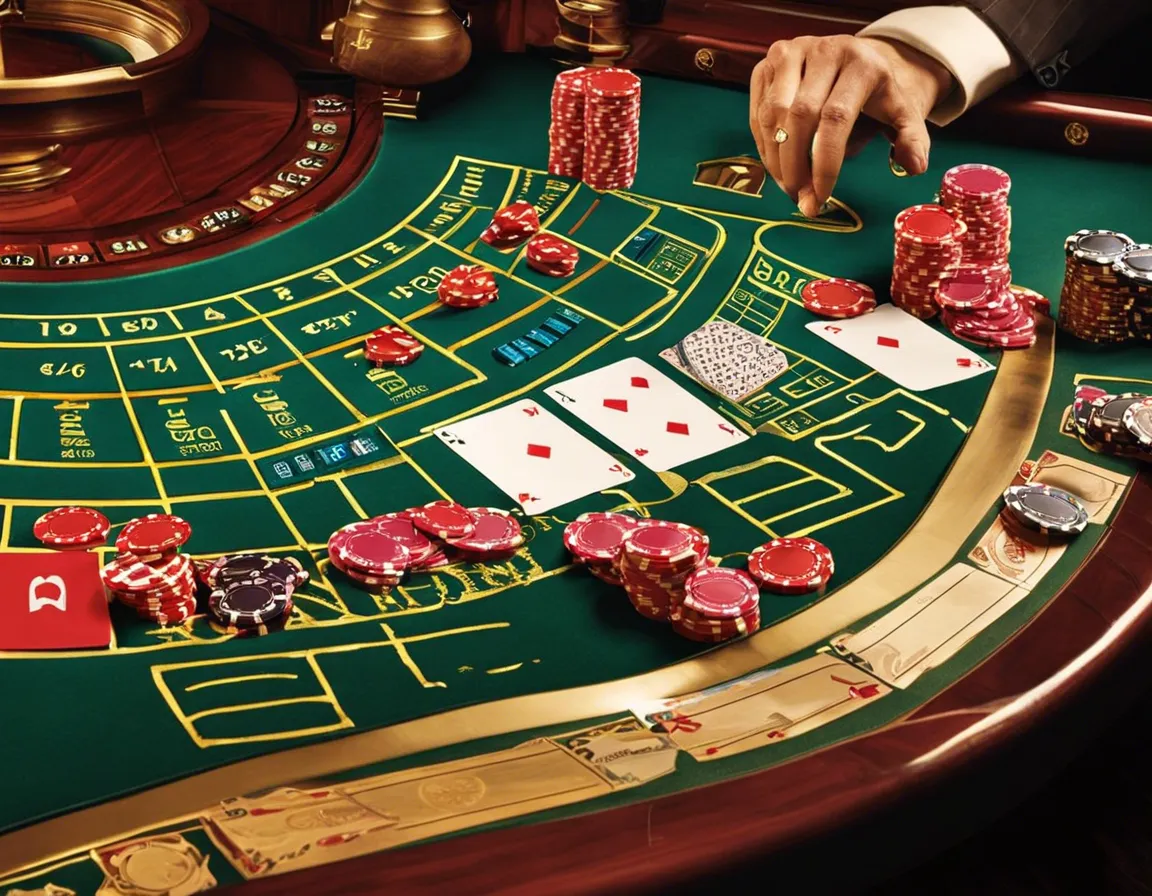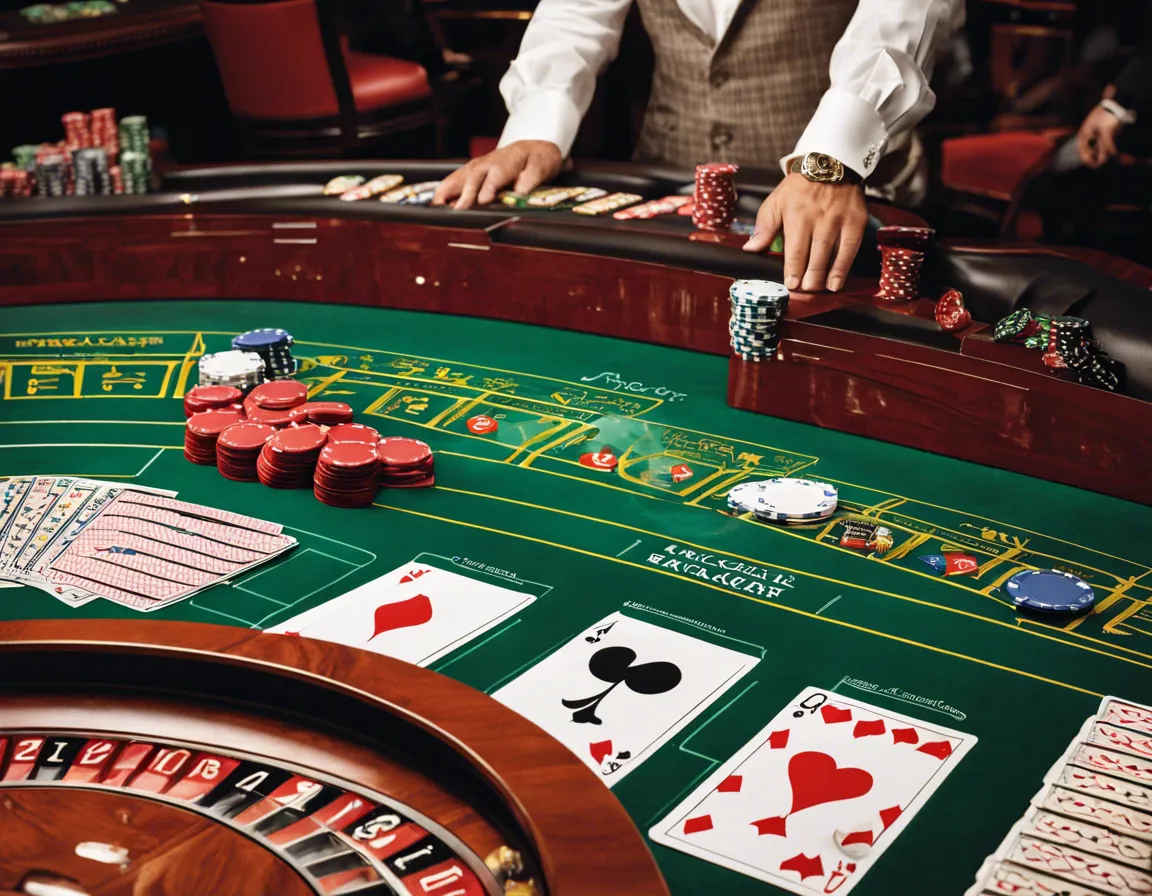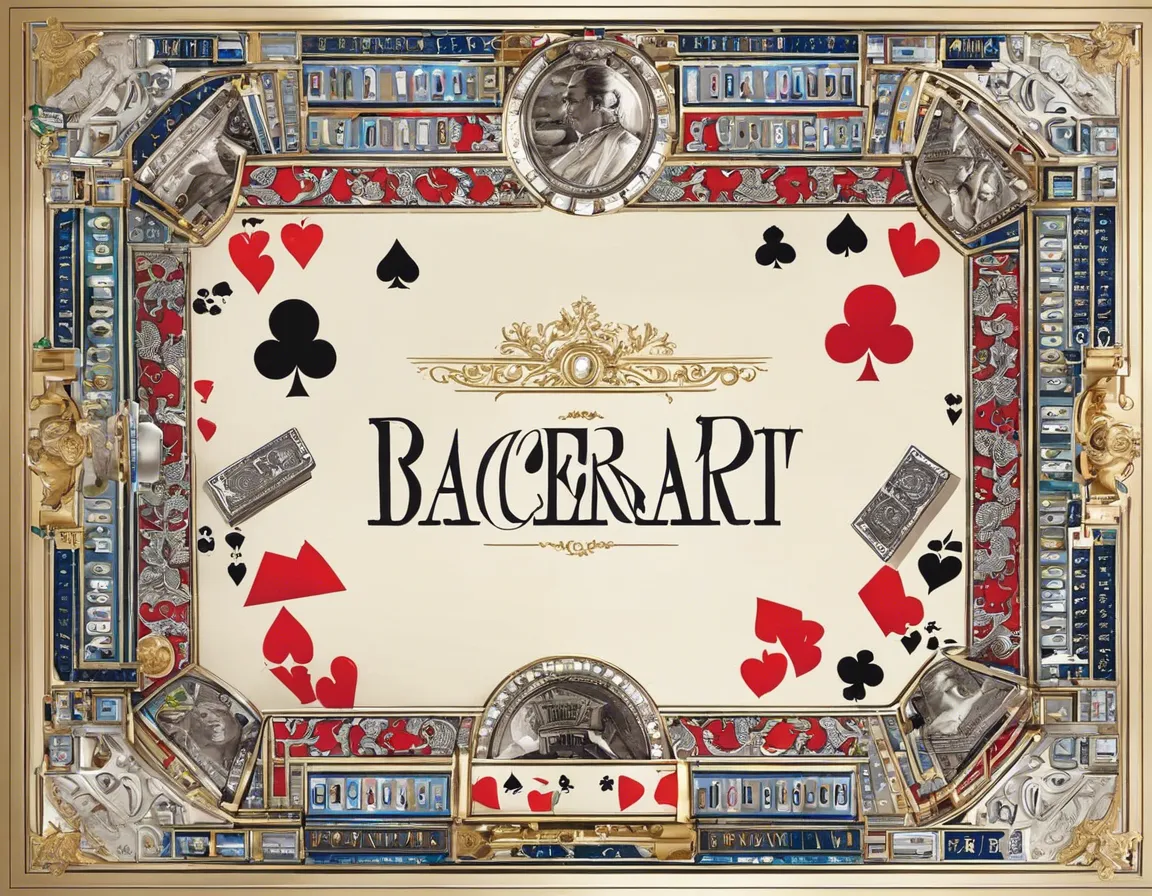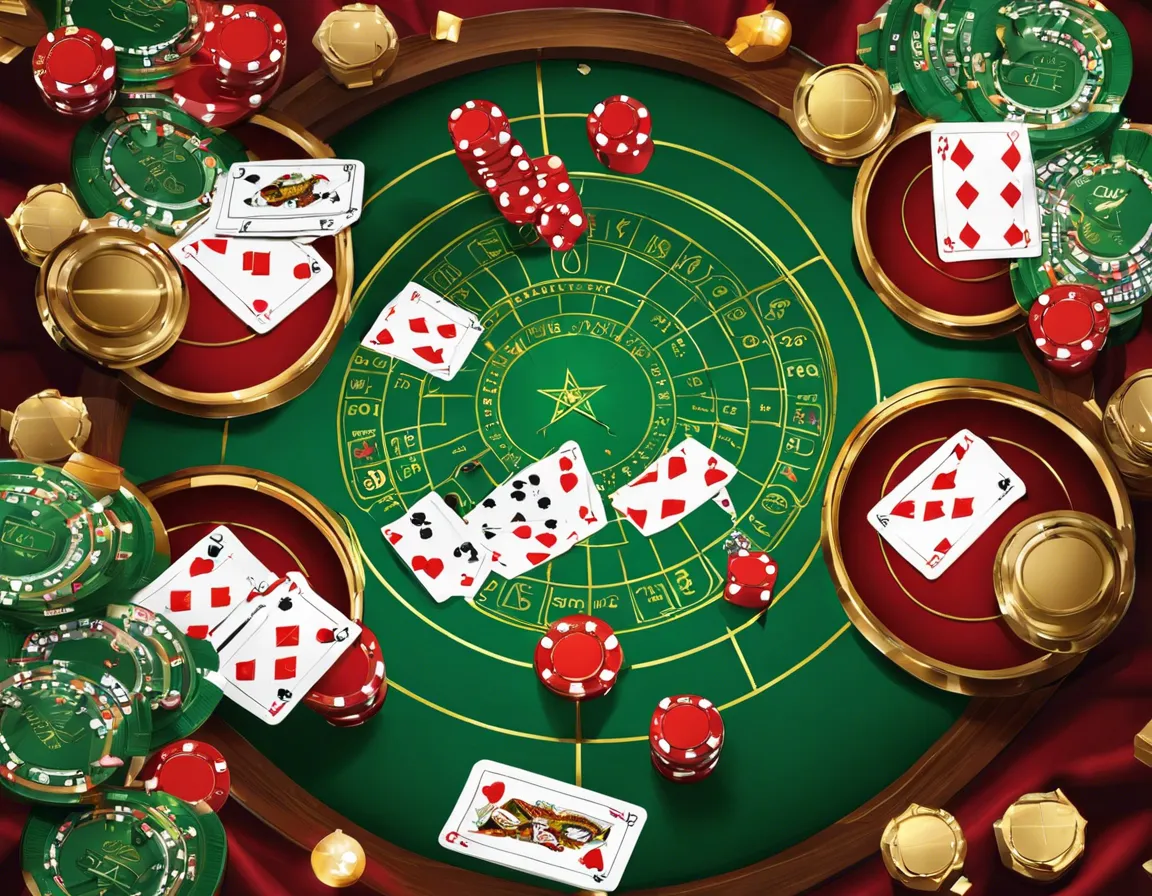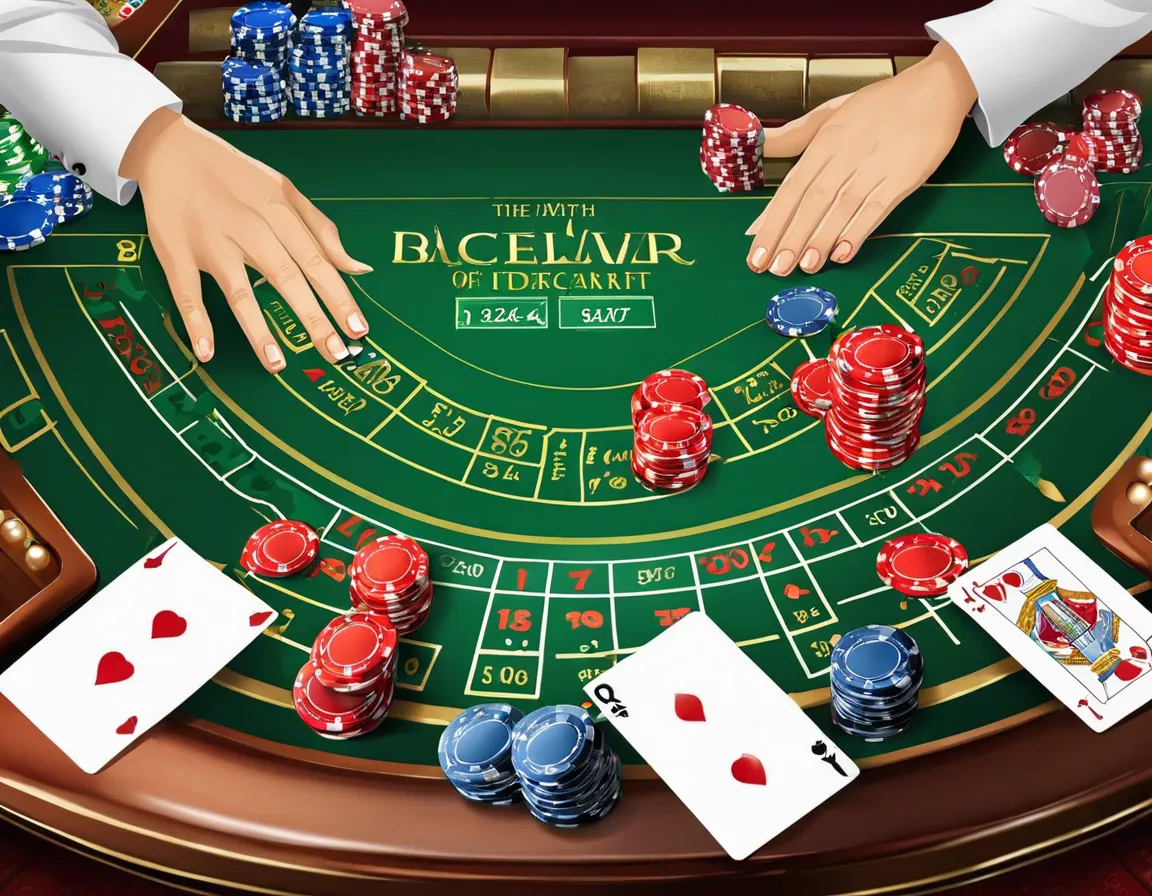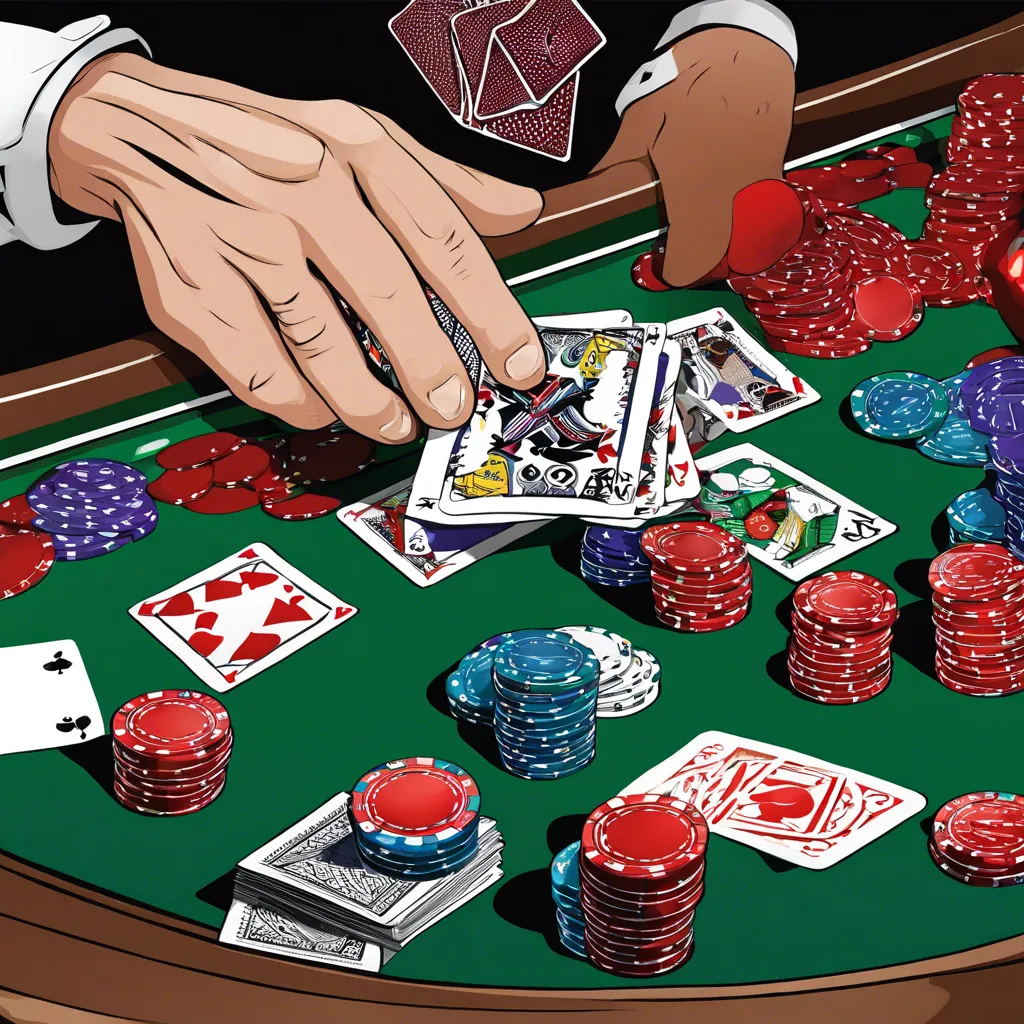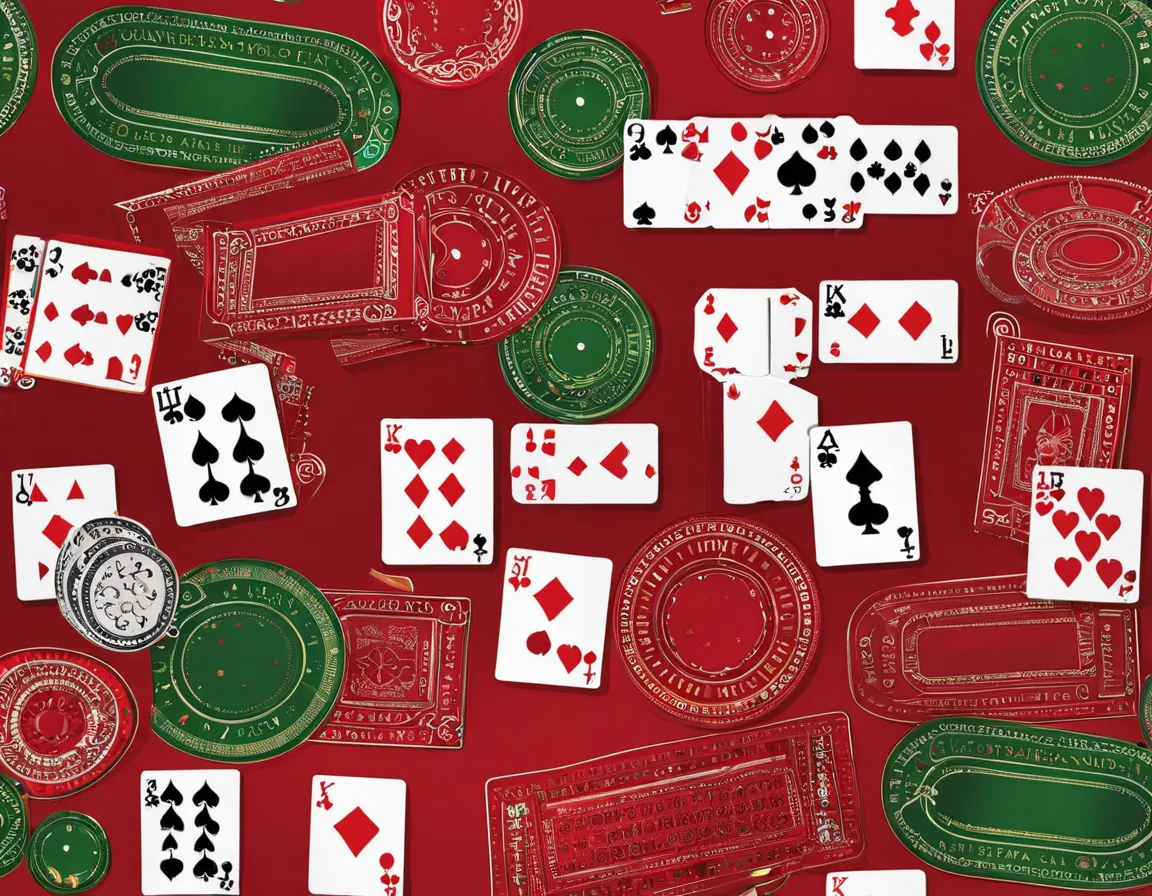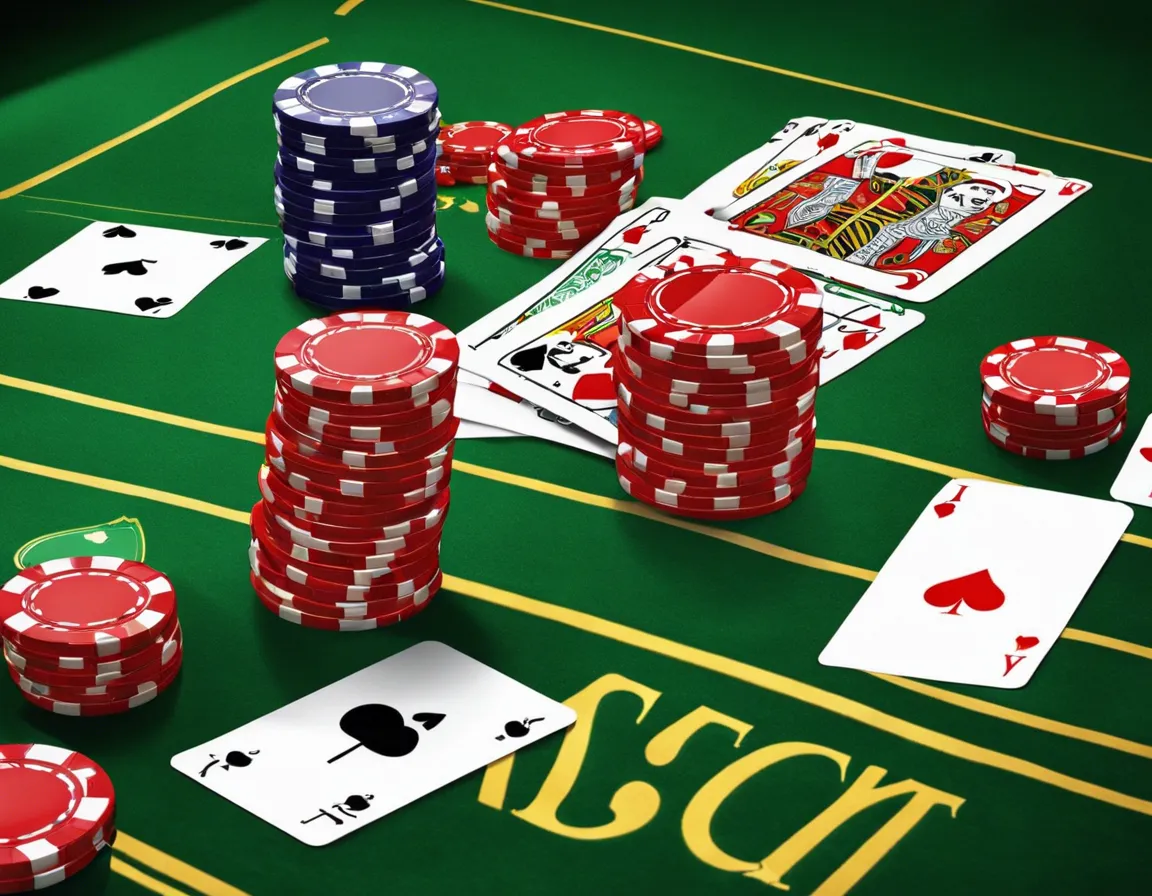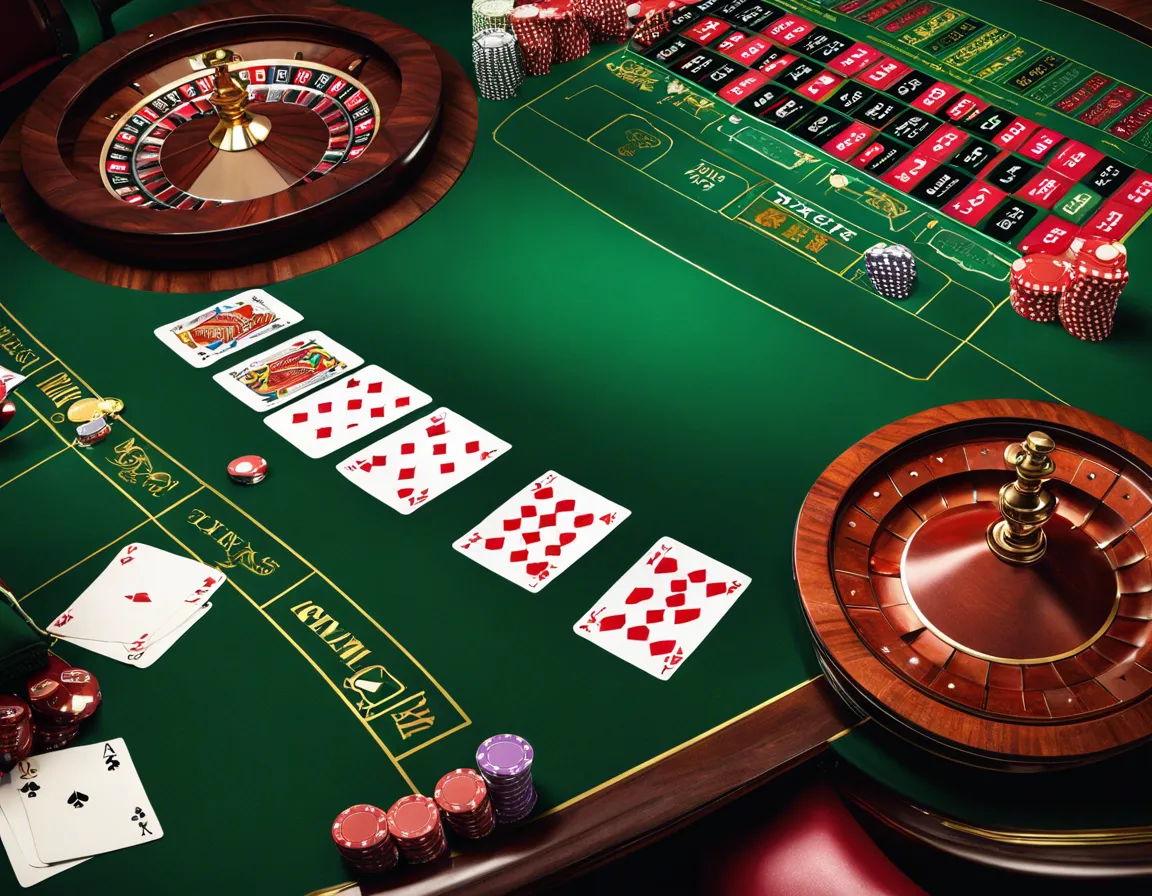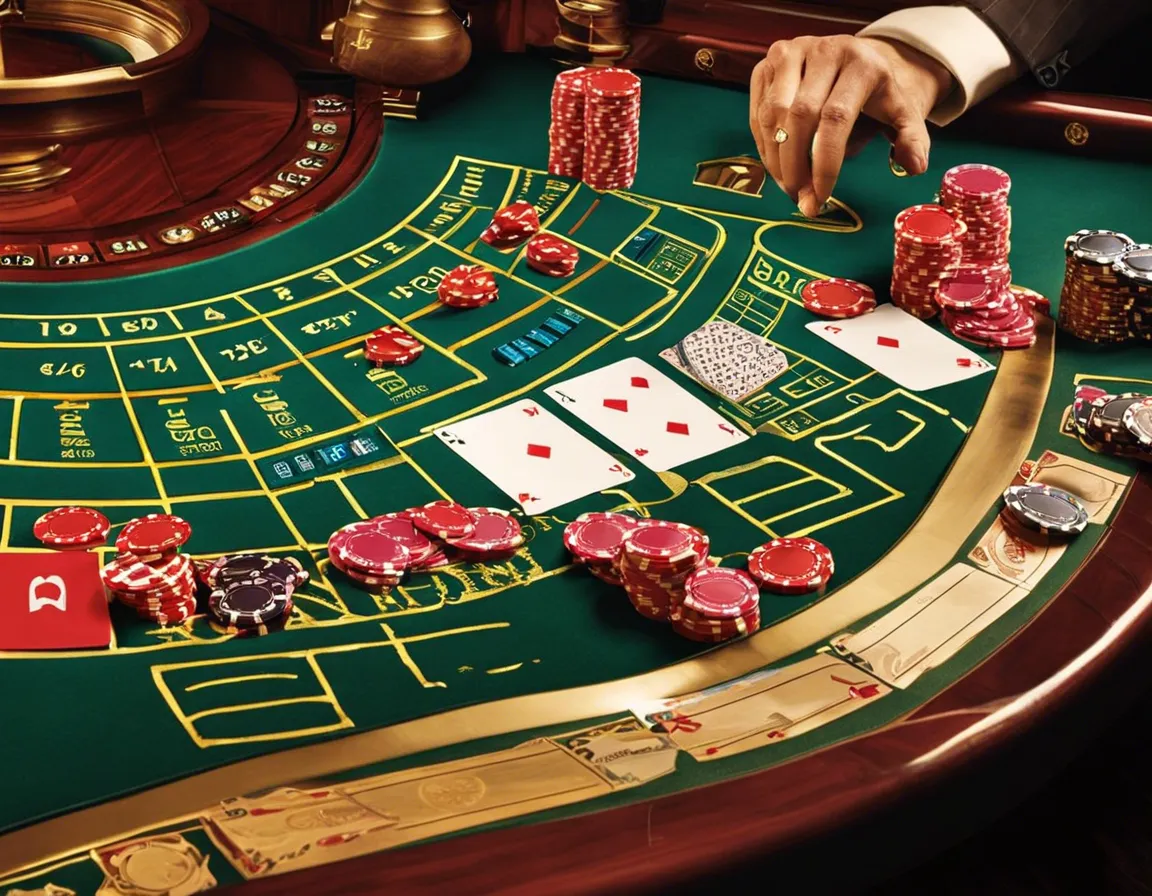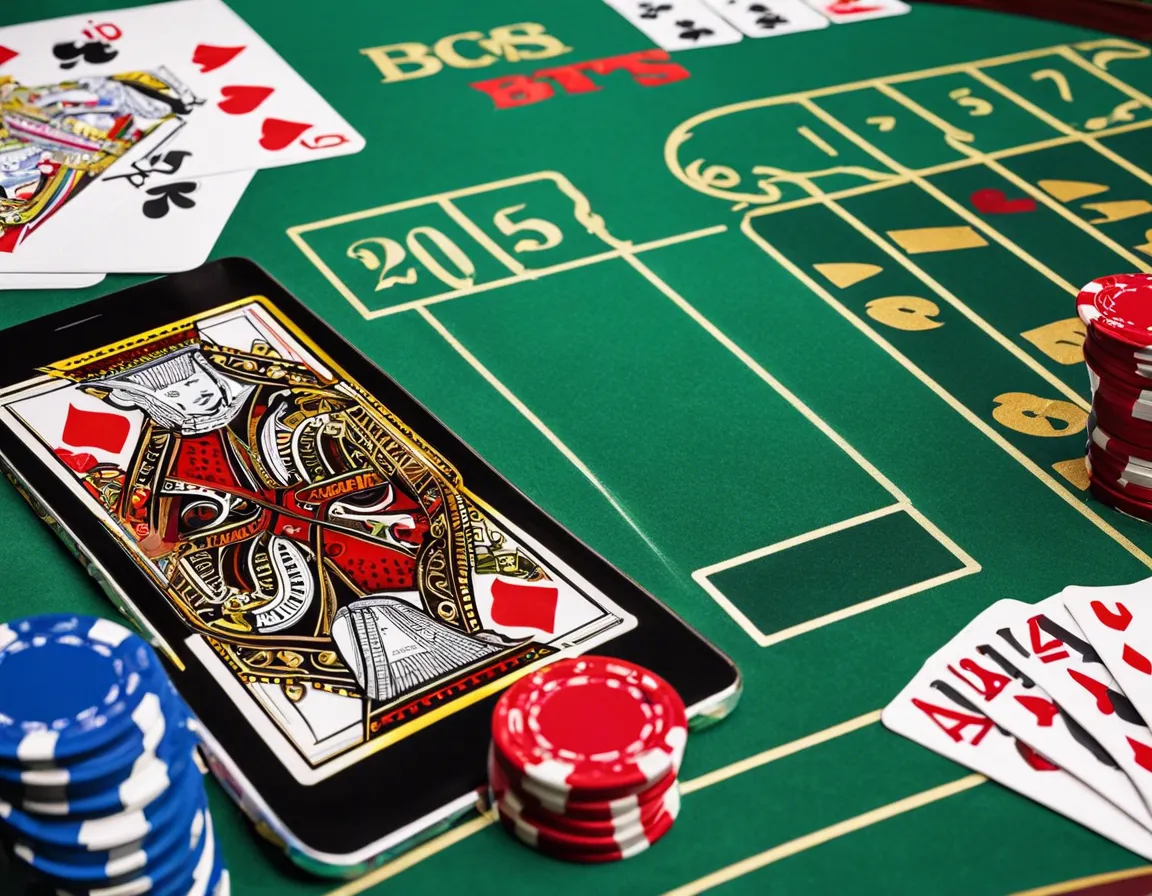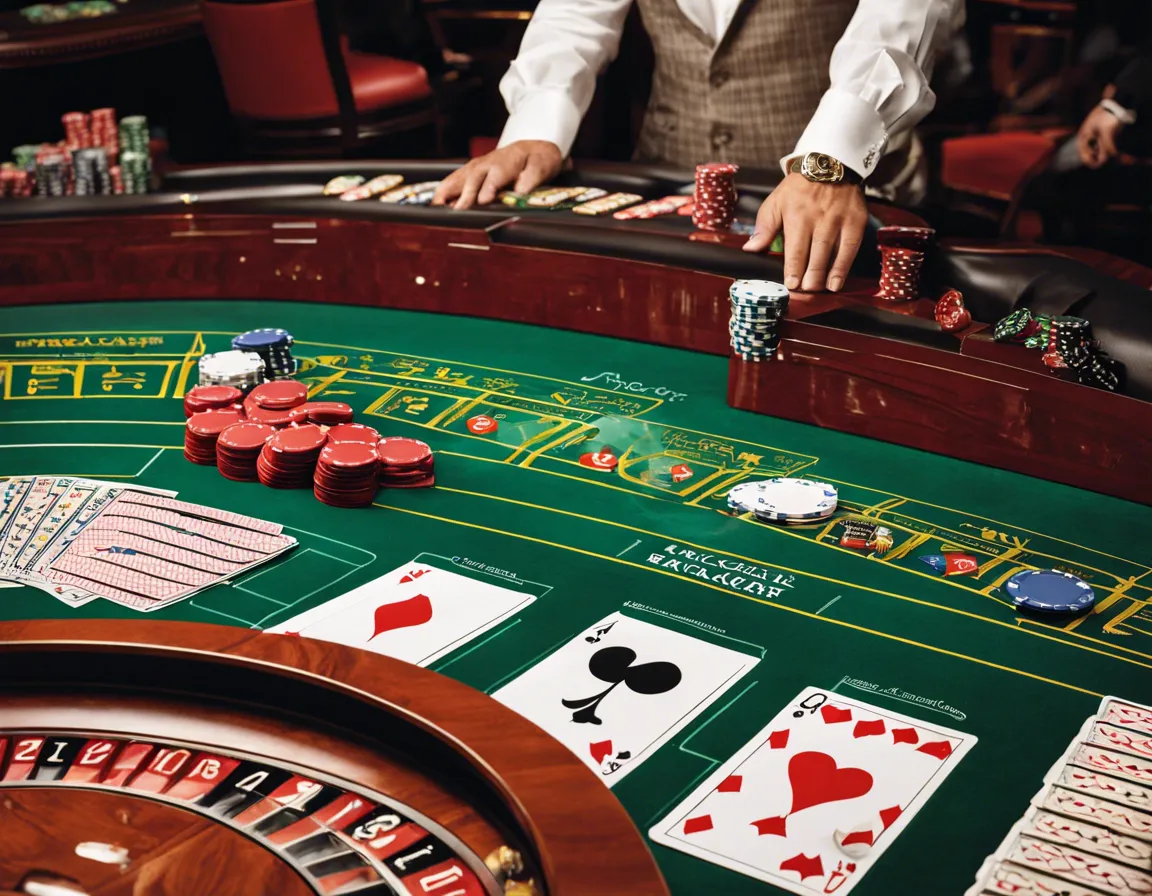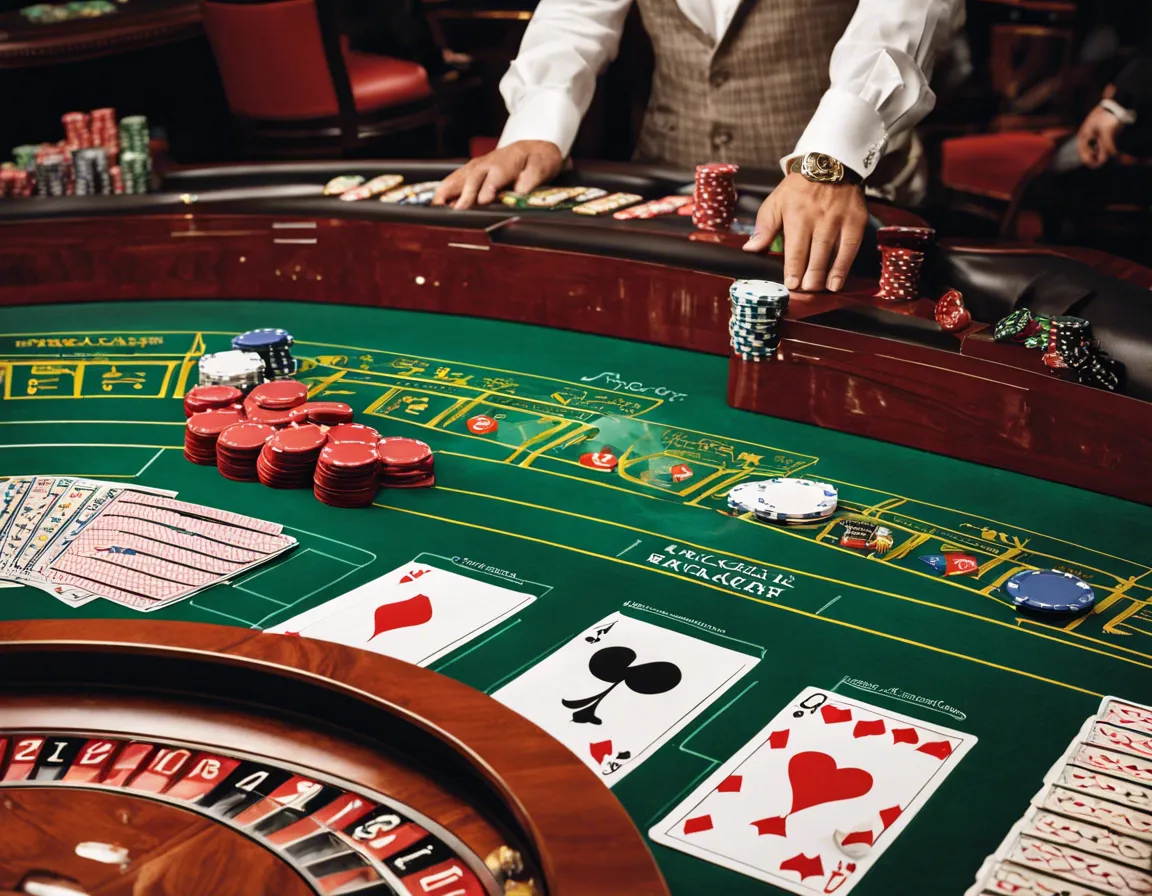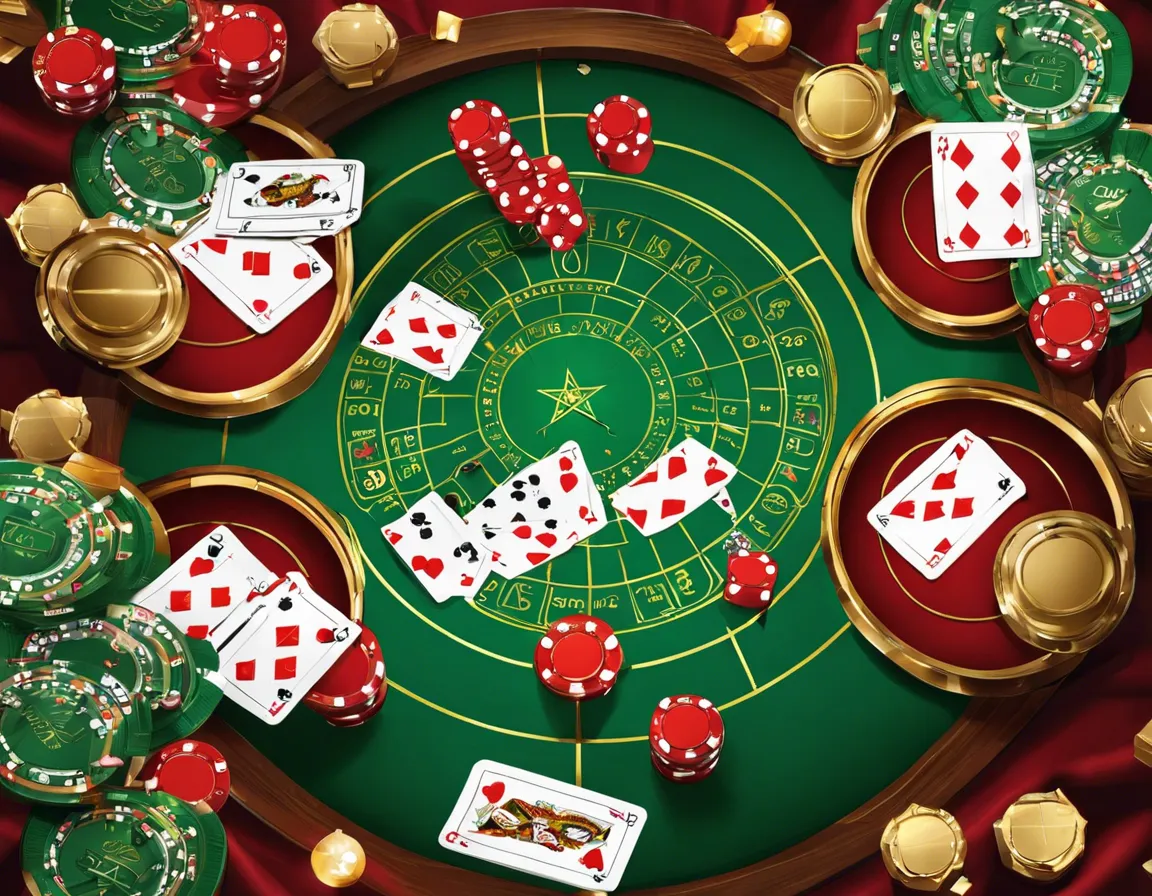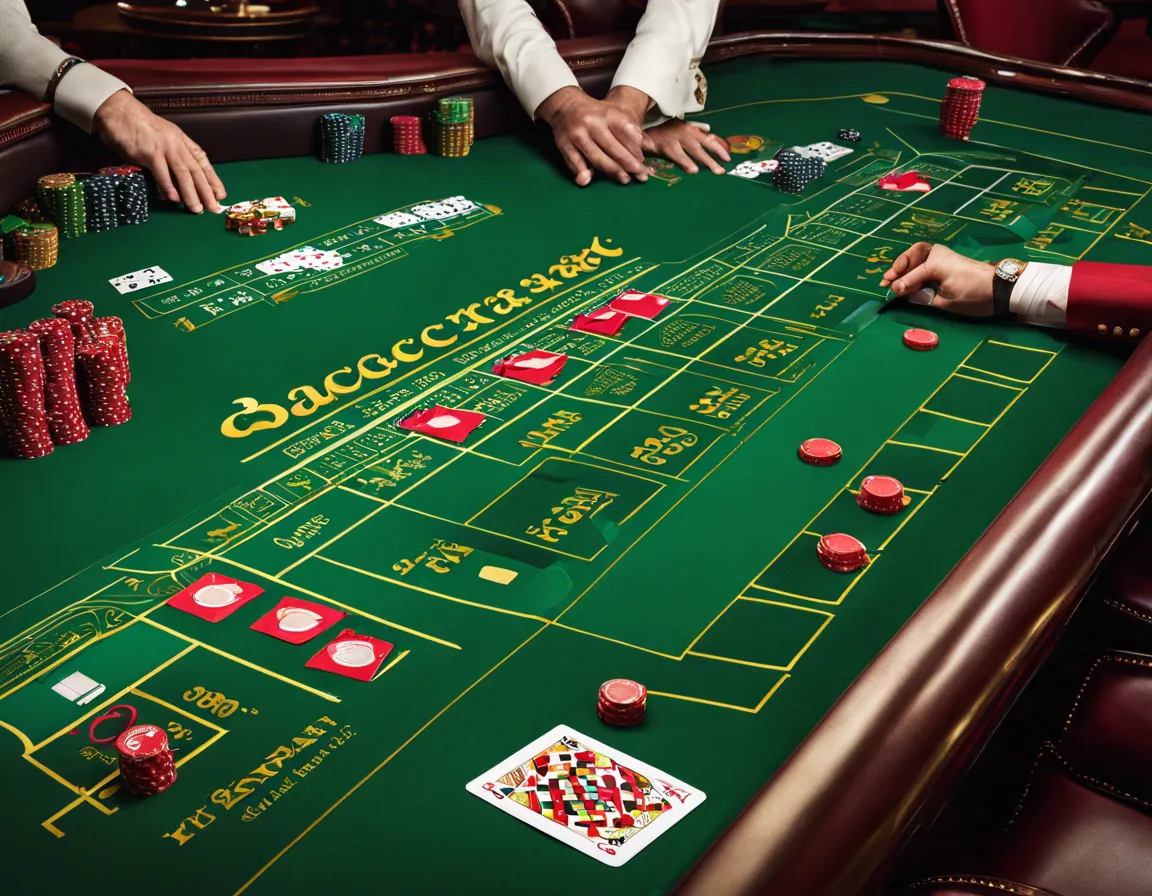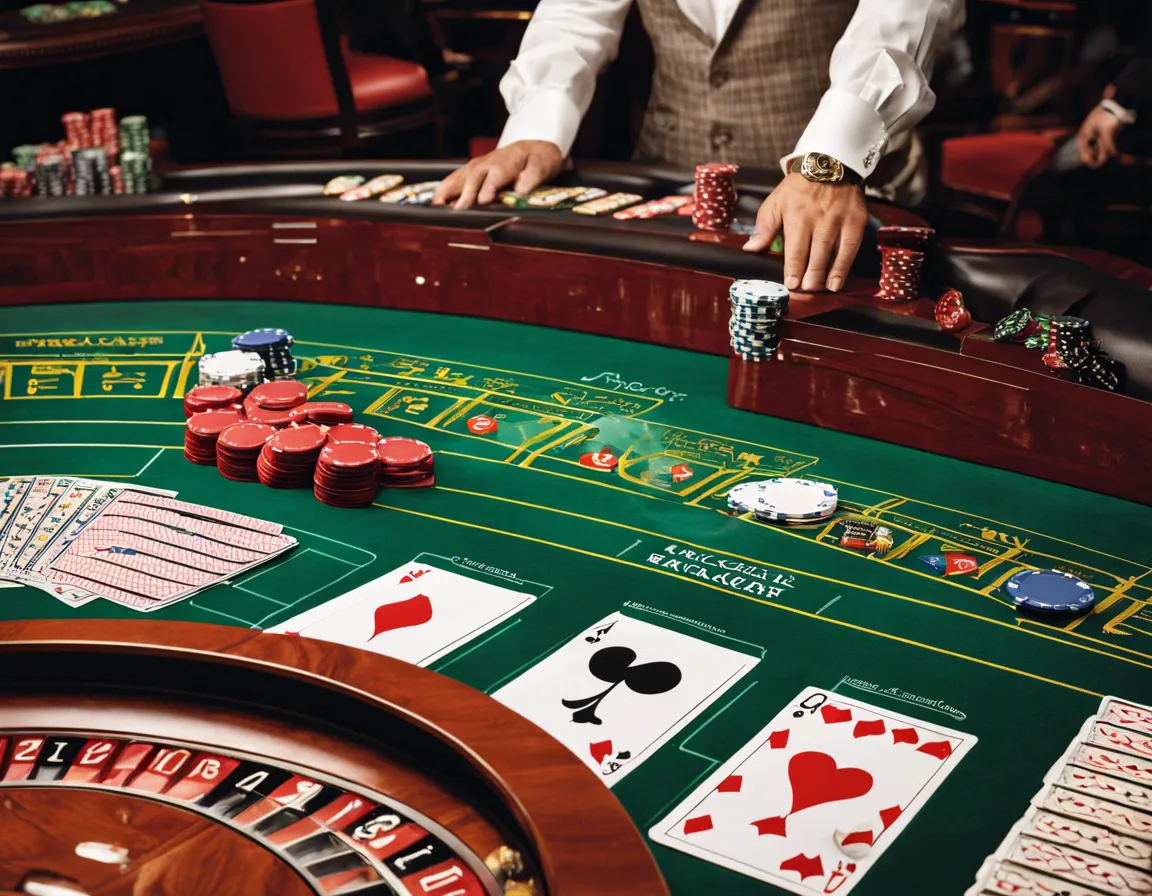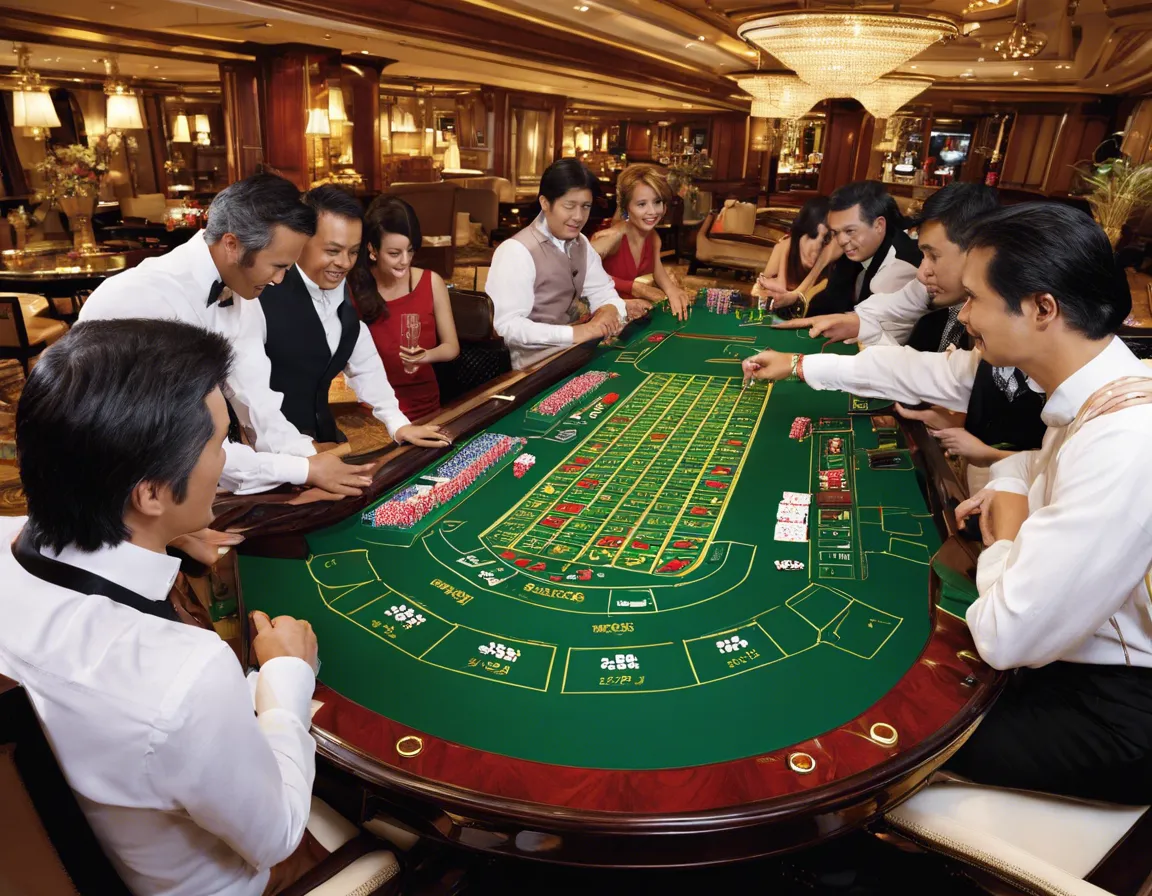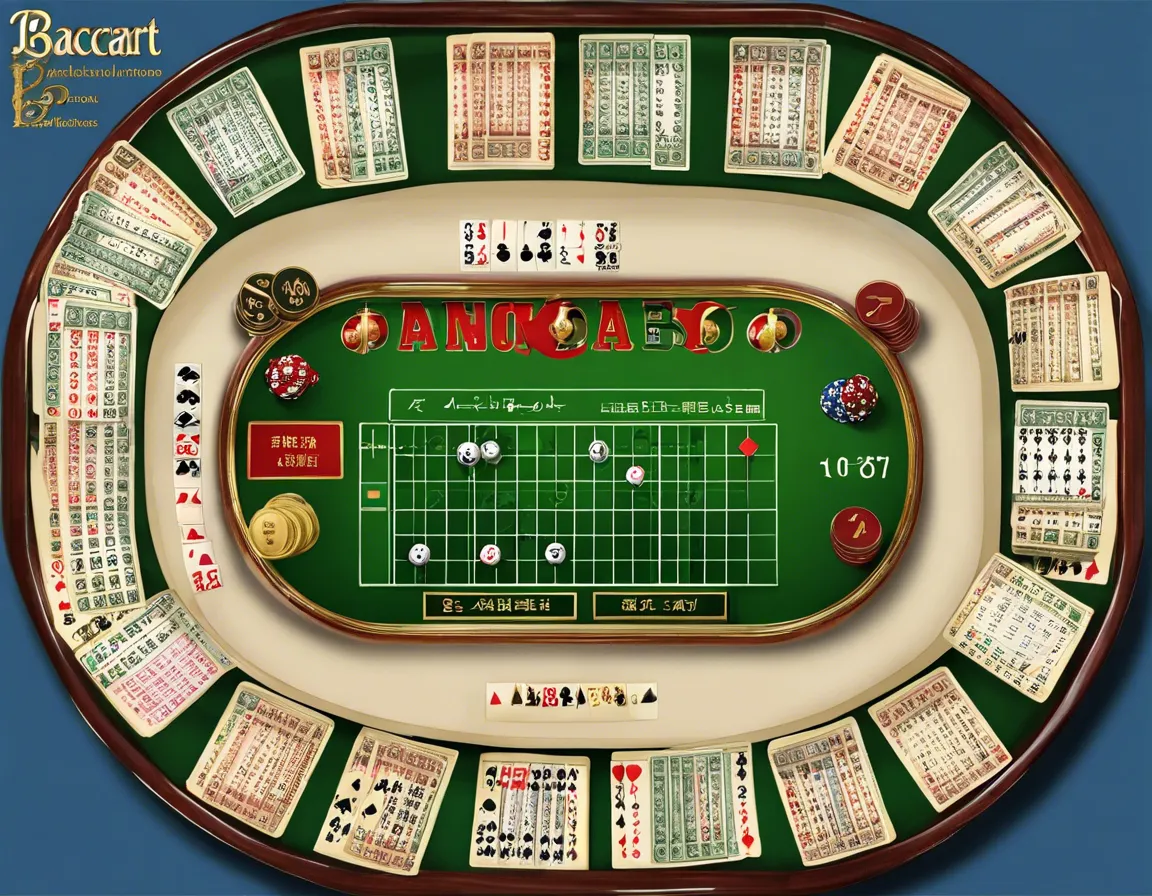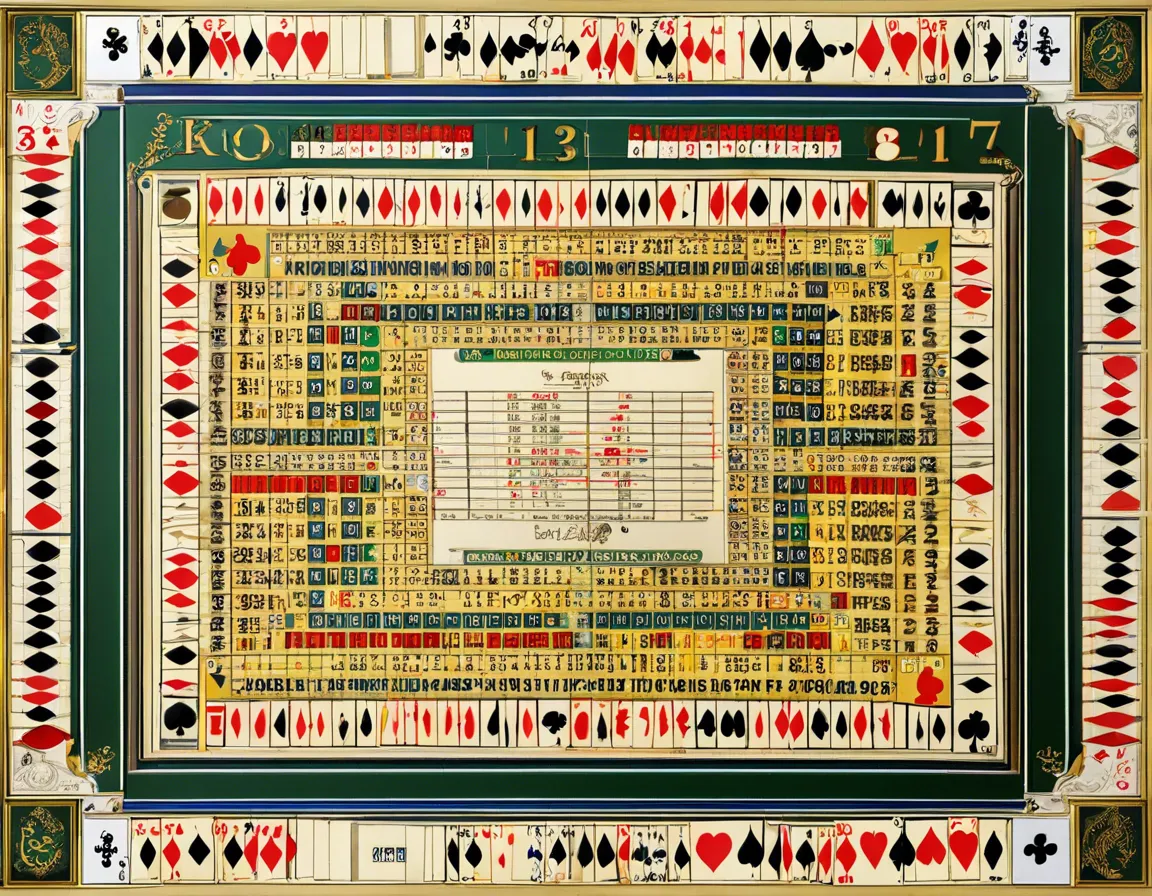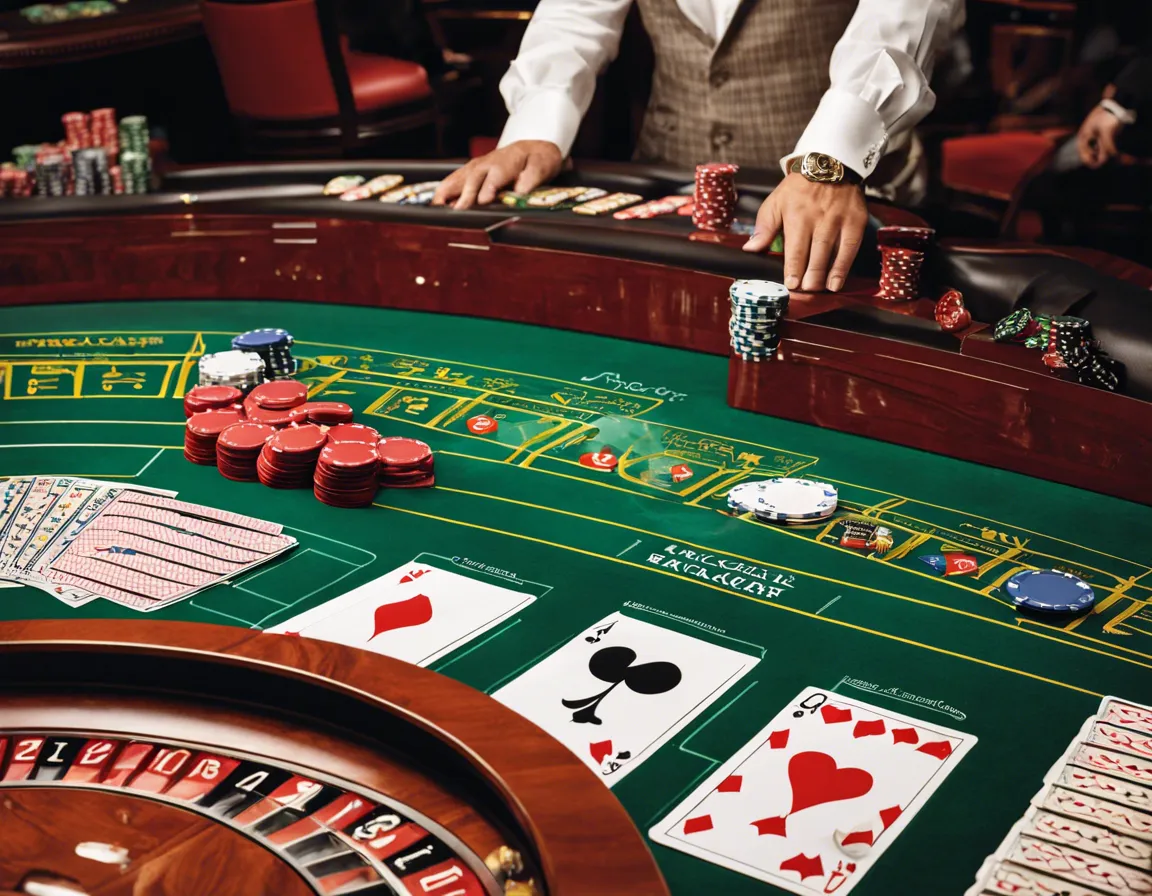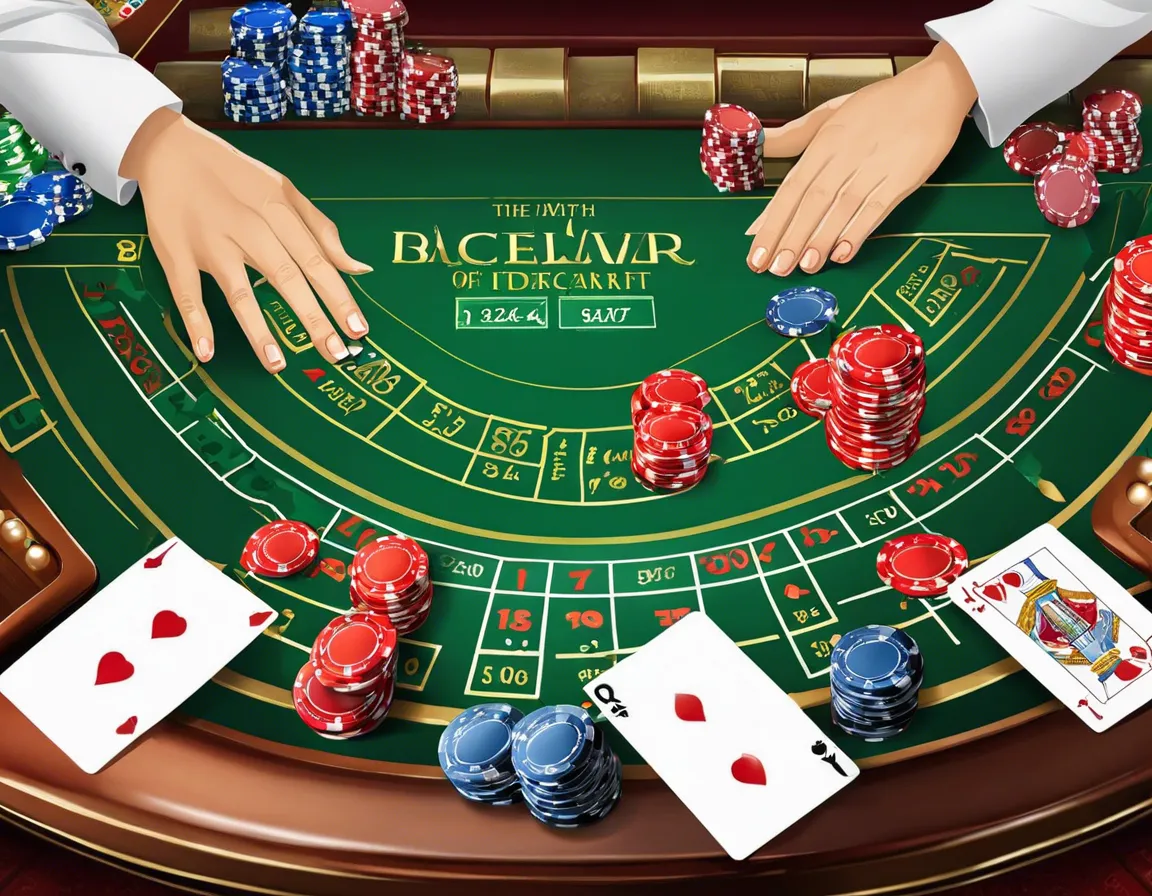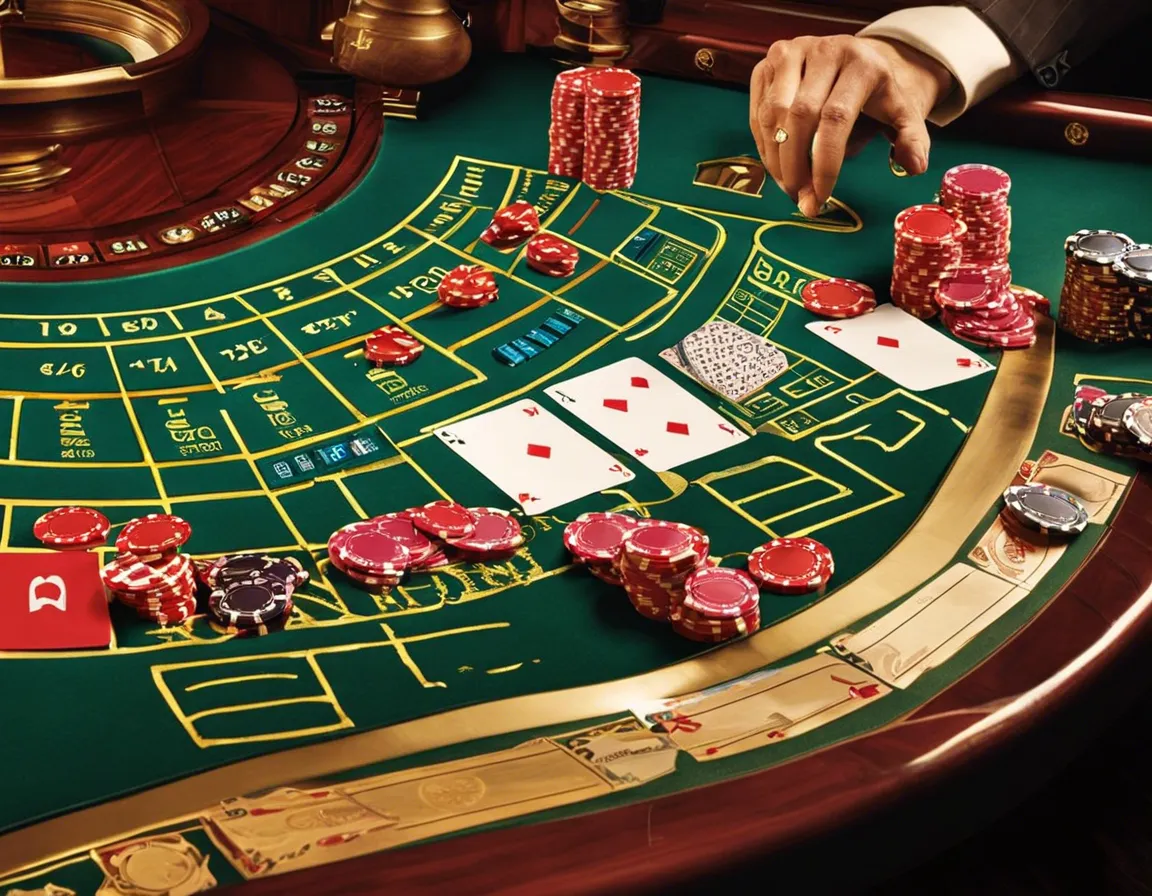Outline of the Article
- Introduction to Baccarat
- Brief history of Baccarat
- Understanding Risk Management
- Importance of managing bankroll
- Risks associated with gambling
- Assessing Your Bankroll
- Calculating disposable income
- Setting a budget for baccarat
- Setting Limits and Goals
- Establishing win and loss limits
- SMART goals for bankroll management
- Choosing the Right Baccarat Strategy
- Overview of popular strategies
- Identifying a strategy that suits your risk tolerance
- Practicing Discipline in Betting
- Avoiding chasing losses
- Sticking to the plan
- Managing Emotions and Avoiding Tilt
- Recognizing emotional triggers
- Strategies for staying composed during gameplay
- Diversifying Your Bets
- Spreading risk across different bet types
- Avoiding overreliance on a single bet
- Monitoring Your Progress
- Keeping track of wins and losses
- Adjusting strategies based on performance
- Learning from Mistakes
- Analyzing past decisions
- Implementing improvements in future sessions
- Staying Informed and Adapting to Changes
- Keeping up with industry trends
- Adjusting strategies to evolving circumstances
- Seeking Professional Help if Necessary
- Recognizing signs of gambling addiction
- Seeking support from counselors or support groups
- Conclusion
- Summarize key points
- Encourage responsible gambling habits
Baccarat and Risk Management: How to Protect Your Bankroll
Baccarat, a game synonymous with sophistication and elegance, has been captivating players for centuries. Its simplicity combined with the allure of high stakes makes it a favorite among both seasoned gamblers and newcomers to the casino floor. However, like any form of gambling, playing baccarat involves risk. Without proper risk management, even the most skilled players can find themselves facing significant losses. In this article, we delve into the world of baccarat and explore strategies for protecting your bankroll.

Introduction to Baccarat
Baccarat traces its origins back to 15th-century Italy, where it was initially played among the aristocracy. Over the years, it has evolved into various forms, with the most popular being Punto Banco, Chemin de Fer, and Baccarat Banque. The game gained widespread popularity in casinos worldwide, thanks to its straightforward rules and the allure of high stakes.
Understanding Risk Management
Risk management is crucial when it comes to gambling, especially in games like baccarat where fortunes can change in an instant. Effective risk management involves assessing the potential risks associated with playing, identifying strategies to mitigate those risks, and implementing measures to protect your bankroll.
Assessing Your Bankroll
Before diving into a game of baccarat, it’s essential to assess your bankroll carefully. This involves calculating your disposable income – the amount of money you can afford to lose without impacting your financial stability. Once you have a clear understanding of your financial situation, you can set a budget for your baccarat sessions.
Setting Limits and Goals
Setting clear limits and goals is paramount to effective bankroll management. Establishing win and loss limits ensures that you don’t get carried away in the heat of the moment. Additionally, setting SMART goals (Specific, Measurable, Achievable, Relevant, Time-bound) helps you stay focused and disciplined during gameplay.
Choosing the Right Baccarat Strategy
Numerous baccarat strategies claim to offer guaranteed wins, but not all are created equal. It’s essential to research and understand different strategies before selecting one that aligns with your risk tolerance and playing style. Whether you prefer the simplicity of the Martingale system or the complexity of card counting, choose a strategy that suits you best.
Practicing Discipline in Betting
Discipline is key to successful bankroll management in baccarat. It’s easy to get caught up in the excitement of the game, especially after a string of wins or losses. However, it’s essential to avoid chasing losses and stick to your predetermined betting plan.
Managing Emotions and Avoiding Tilt
Emotions can run high during baccarat sessions, especially when money is on the line. Learning to recognize emotional triggers and staying composed is crucial for making rational decisions. Implementing relaxation techniques and taking breaks when needed can help prevent tilt and maintain a clear mindset.
Diversifying Your Bets
In baccarat, as in any form of gambling, diversifying your bets can help spread risk and minimize losses. Instead of placing all your chips on a single outcome, consider spreading them across different bet types. This approach reduces the impact of a single loss and increases the likelihood of a balanced outcome in the long run.
Monitoring Your Progress
Keeping track of your wins and losses is essential for evaluating the effectiveness of your baccarat strategy. Regularly review your performance and adjust your approach accordingly. By identifying patterns and trends, you can refine your strategy and improve your chances of success.
Learning from Mistakes
Mistakes are inevitable in baccarat, but what sets successful players apart is their ability to learn from them. Take the time to analyze past decisions, identify areas for improvement, and implement changes in future sessions. By treating each mistake as a learning opportunity, you can grow as a player and enhance your overall performance.
Staying Informed and Adapting to Changes
The world of gambling is constantly evolving, with new trends and developments emerging regularly. Staying informed about industry changes and adapting your strategies accordingly is essential for staying ahead of the curve. Whether it’s mastering a new variation of baccarat or adjusting to changes in casino policies, remaining flexible and adaptable is key.
Seeking Professional Help if Necessary
For some individuals, gambling can escalate from a form of entertainment to a serious problem. Recognizing the signs of gambling addiction, such as chasing losses or neglecting responsibilities, is crucial. If you find yourself struggling to control your gambling habits, don’t hesitate to seek professional help from counselors or support groups.
Conclusion
In conclusion, baccarat offers an exhilarating blend of strategy and chance, but it’s essential to approach the game with caution and foresight. By implementing effective risk management strategies, setting clear goals, and staying disciplined, you can protect your bankroll and enhance your chances of success. Remember to stay informed, learn from your mistakes, and seek help if needed. With the right approach, you can enjoy all that baccarat has to offer while safeguarding your financial well-being.
FAQs
- Is baccarat a game of skill or luck?
Baccarat is primarily a game of chance, but strategic betting can influence outcomes to some extent. While luck plays a significant role, understanding the game’s rules and employing effective betting strategies can enhance your overall experience. - What is the house edge in baccarat?
The house edge varies depending on the bet type but typically ranges from 1.06% to 14.36%. The banker bet usually has the lowest house edge, making it slightly more favorable for players in the long run. - Can I count cards in baccarat like in blackjack?
Unlike blackjack, counting cards in baccarat is generally not effective. This is because in baccarat, the cards are reshuffled after each hand, making it difficult to gain any significant advantage through card counting strategies. - What are the different variations of baccarat available in casinos?
There are several variations of baccarat offered in casinos, including Punto Banco, Chemin de Fer, and Baccarat Banque. Each variation may have slightly different rules and betting options, catering to different preferences of players. - Is baccarat suitable for beginners or more experienced players?
Baccarat is suitable for players of all skill levels, including beginners and experienced players alike. Its simple rules and straightforward gameplay make it accessible to newcomers, while its strategic elements offer depth and engagement for those seeking more challenge.





